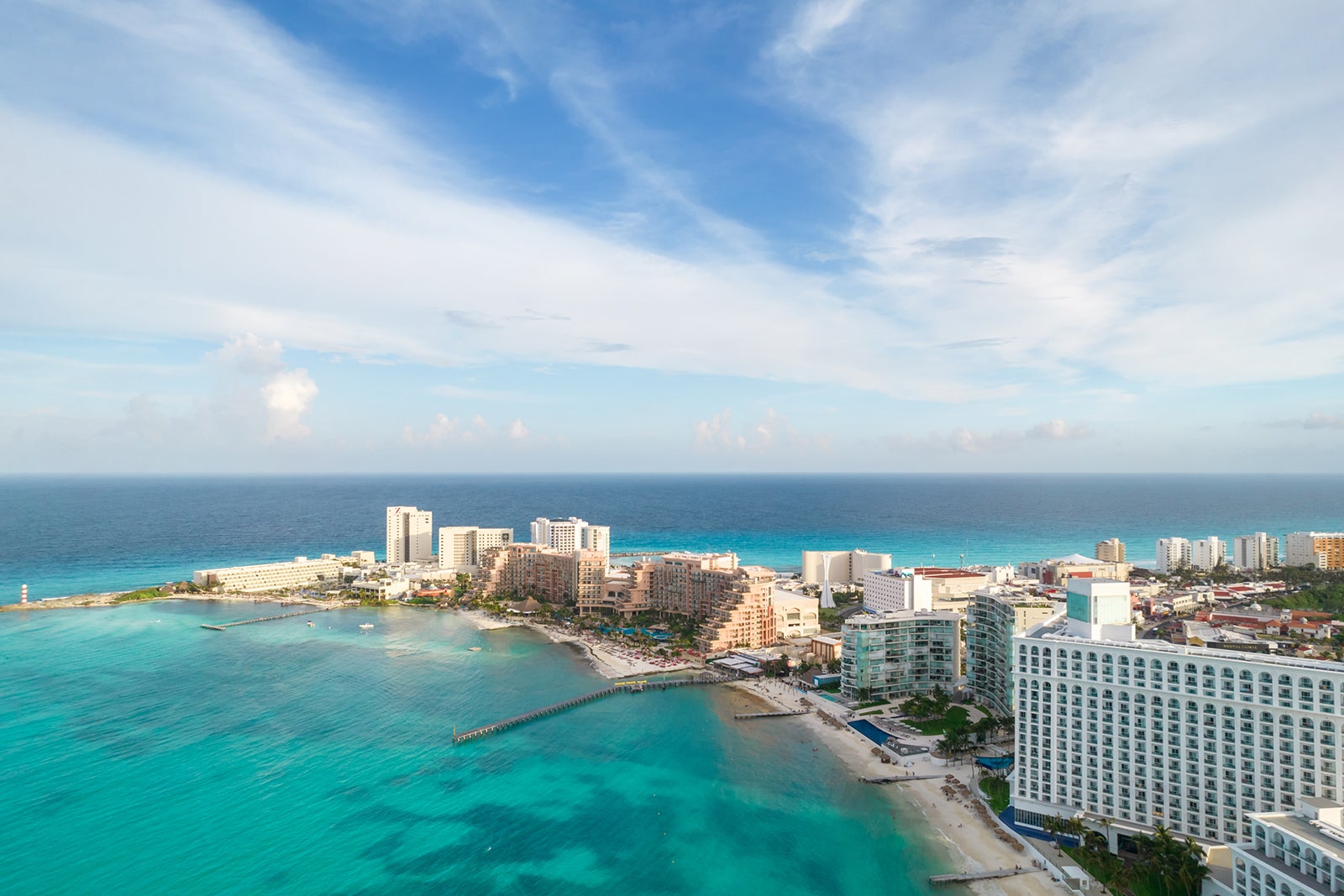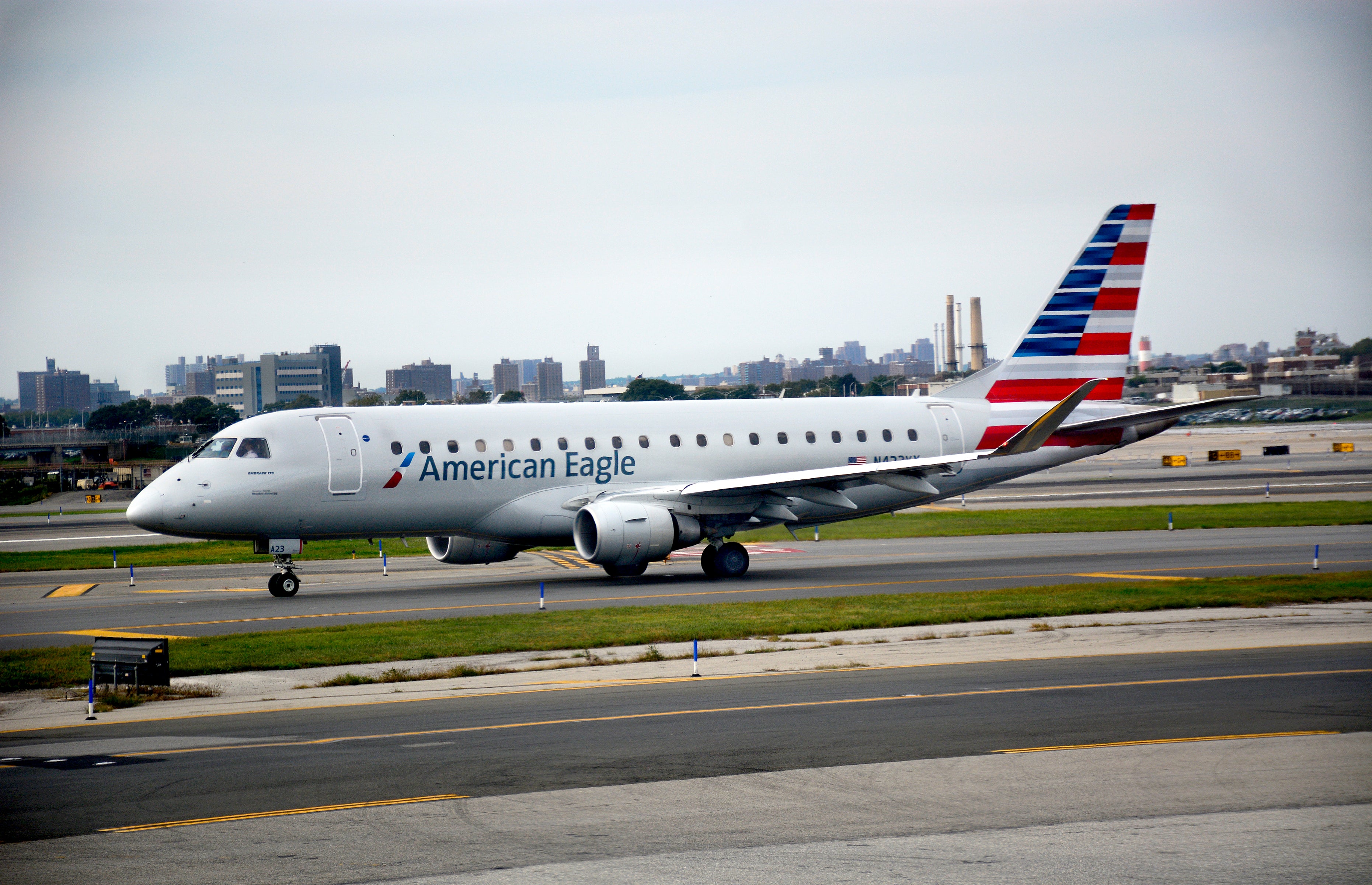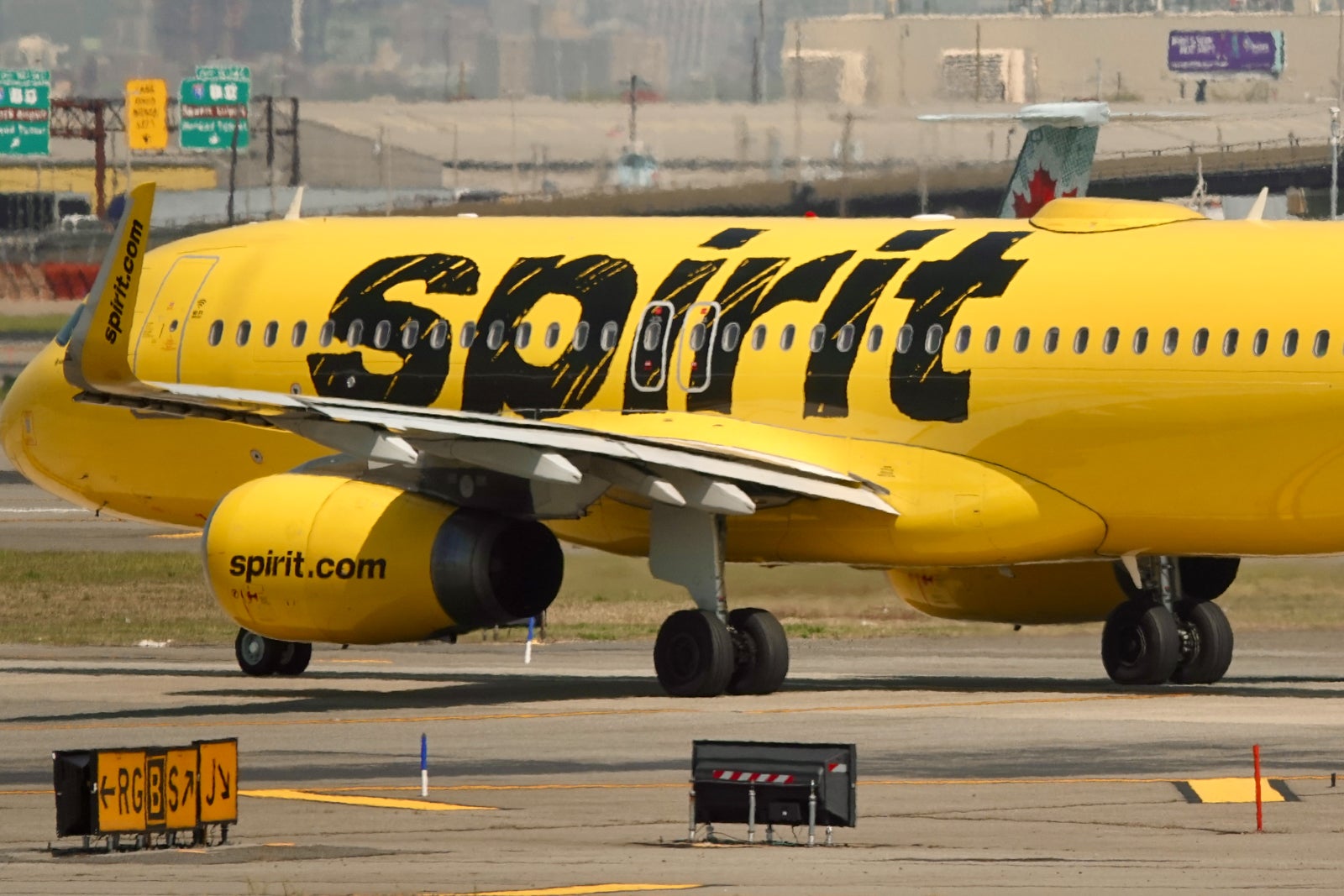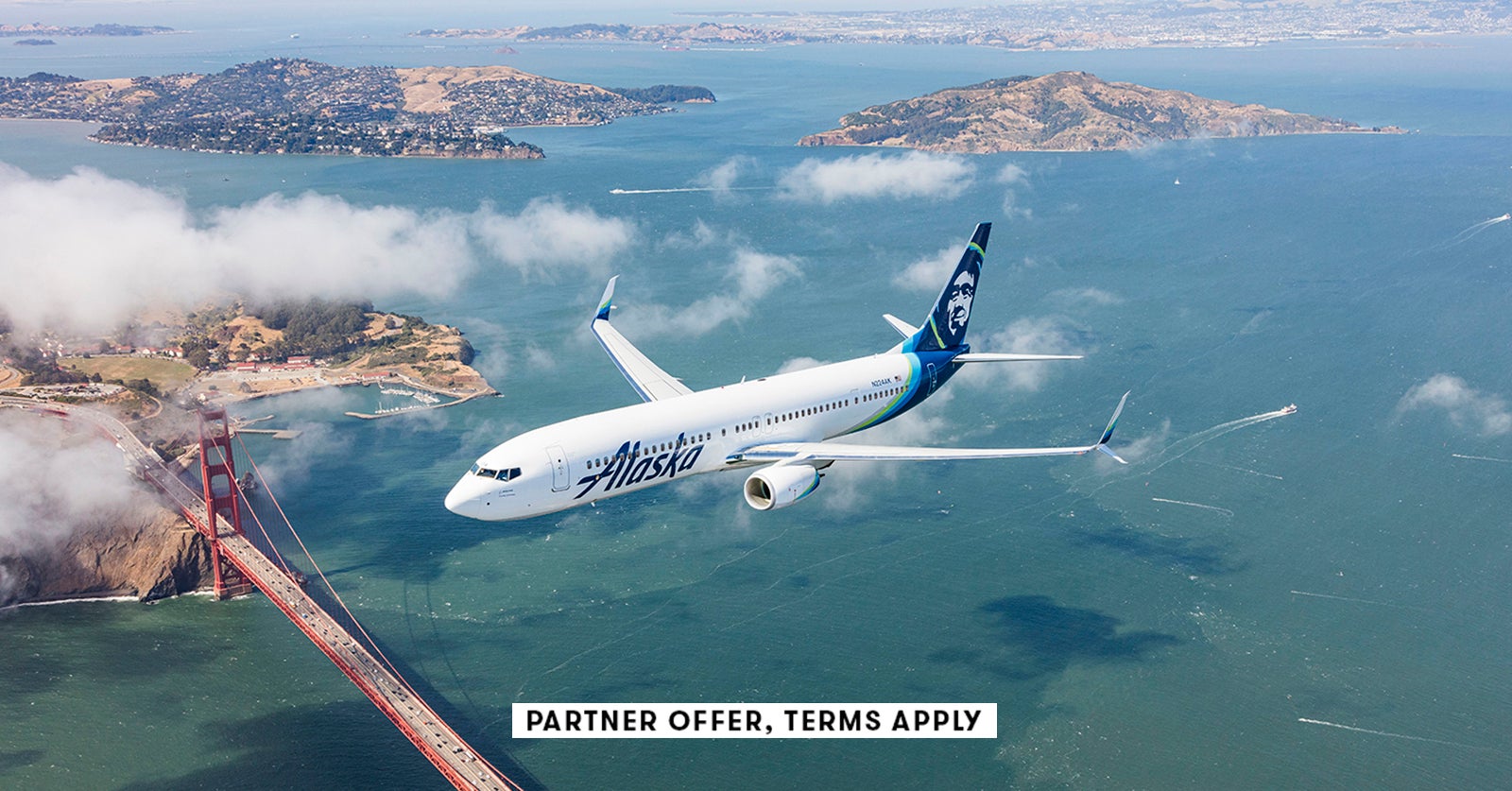
Cancun International Airport backtracks on strict laptop rule for travelers
The cards we feature here are from partners who compensate us when you are approved through our site, and this may impact how or where these products appear. We don’t cover all available credit cards, but our analysis, reviews, and opinions are entirely from our editorial team. Terms apply to the offers listed on this page. Please view our
product review methodology for more information.
Last month, TPG reported on the growing number of travelers forced to pay a fine after unknowingly breaking a little-known Mexican customs rule that allows only one portable computing device per traveler. As per the regulation, a laptop and a tablet are both considered personal computing devices. (You can also bring up to two cellphones.)
The rule is not new, but enforcement — along with public outrage — has been on the rise. Travelers have taken to social media (and the TPG Tips inbox) to bring attention to the situation, leading to coverage by several news outlets.
One TPG reader, Karen Bishop, was forced to pay about $100 before she could clear customs at Cancun International Airport (CUN) during a recent visit because she and her husband had each packed a laptop and an iPad for their trip.
On Oct. 11, Quintana Roo Gov. Mara Lezama announced that Cancun International Airport is eliminating what she described as a "very old regulation" that "no longer fits the times in which we live."
The announcement was made via a Facebook video. In the video, Lezama said the regulation "has harmed the destination's reputation and caused discomfort and inconvenience to our visitors." After meeting with the National Customs Agency of Mexico, Quintana Roo (the state where Cancun is located) made the decision to "eliminate this charge for both national and international travelers."
Lezama went on to say that "tourism is vital for Quintana Roo" and efforts to continuously improve how tourists are served are ongoing.

Daily Newsletter
Reward your inbox with the TPG Daily newsletter
Join over 700,000 readers for breaking news, in-depth guides and exclusive deals from TPG’s experts
By signing up, you will receive newsletters and promotional content and agree to our Terms of Use and acknowledge the data practices in our Privacy Policy. You may unsubscribe at any time.
This change is effective immediately. Before the change, passengers traveling through Cancun International Airport could be charged 19% of the value of prohibited items, as determined by the customs officer.
Personal electronics are not the only items subject to fines under Mexican customs regulations. There are several items — including cameras, cellphones and GPS devices — that have per-traveler quantity limits when traveling to Mexico. You can view the full list here.
Remember that travelers to Mexico must also complete an Official Entry Immigration Form, also known as a Tourist Card. This card is free, and you can apply online before your trip to save time upon arrival. Some regions, including Quintana Roo, require tourists to pay a visitor tax. You can save time at the airport by paying your tax online before you leave for your trip.
The change to Mexico's personal baggage rules currently only applies to Quintana Roo. Travelers flying to other airports in Mexico may still be subject to a fine if they bring more than one personal computing device through customs.
If you are traveling to Cancun, however, you can now clear customs with multiple personal computing devices.
Related reading:
Featured image by
MARIAKRAY/GETTY IMAGES
Editorial disclaimer: Opinions expressed here are the author’s alone, not those of any bank, credit card issuer, airline or hotel chain, and have not been reviewed, approved or otherwise endorsed by any of these entities.



















 English (US) ·
English (US) ·